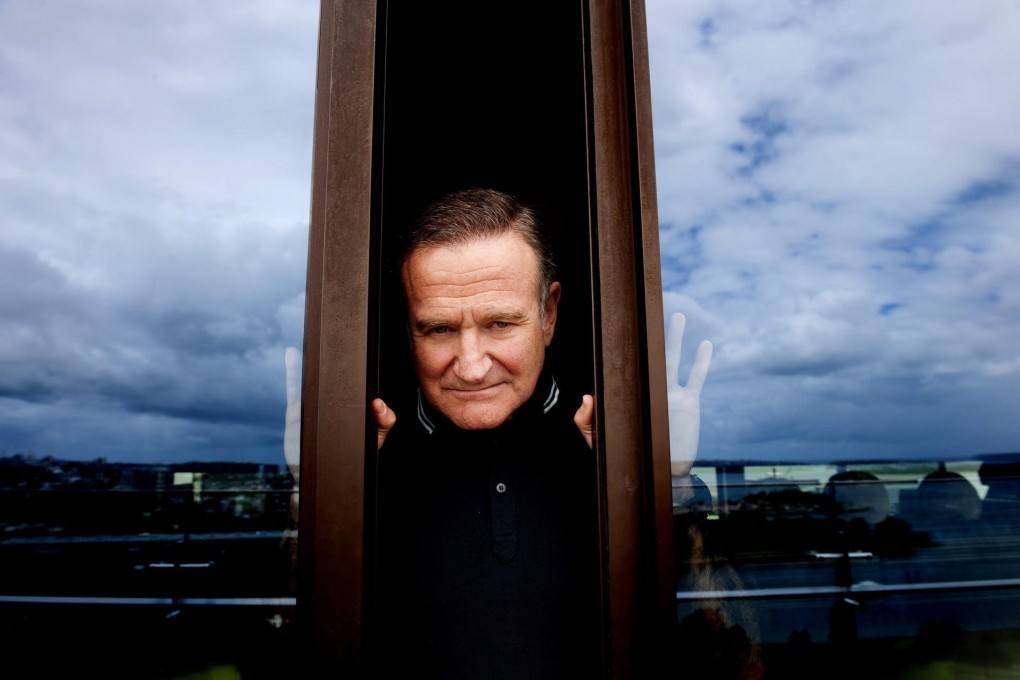Robin Williams had the traits of a person likely to commit suicide
Actor who hanged himself had the traits: white, middle-aged male in late stages of career, a depressed substance abuser who sought treatment

If you tried to create a profile of someone at high risk of committing suicide, one likely example would look like this: A middle-aged or older white male towards the end of a successful career, who suffers from a serious medical problem as well as chronic depression and substance abuse, who recently completed treatment for either or both those psychological conditions and who is going through a difficult period, personally or professionally.
In short, that person would look a lot like Robin Williams, the 63-year-old actor and comedian who last week hanged himself in his home in the San Francisco Bay area of the US state of California.
While certainly not the only group susceptible to suicide - 39,518 people took their own lives in 2011 in the US - older white males with that cluster of characteristics have been on psychologists' radar at least since federal statistics released last year showed an alarming rise in their suicide rate between 1999 and 2010. The suicide rate for white men increased by nearly 40 per cent, to 34.2 per 100,000 people.
"This is certainly the demographic - middle-aged or older Caucasians," said Dost Ongur, associate professor of psychiatry at Harvard Medical School. "And certainly men with medical problems." Williams has said he suffered from heart problems.
Men account for only about 20 per cent of suicide attempts, but represent about 80 per cent of completed suicides, statistics show, almost certainly because they choose more lethal methods: guns and leaps from high places instead of drug overdoses, Ongur said.
Beyond the mechanics of suicide was a variety of risk factors that predisposed men, particularly middle-aged men, to suicide, experts said.
"Men are much less likely to seek help than women are," said Michelle Cornette, who is the executive director of the American Association of Suicidology. And "apart from seeking help professionally, [men] utilise their friendships in different ways. Men are less likely to disclose to a male friend that they are struggling psychologically".